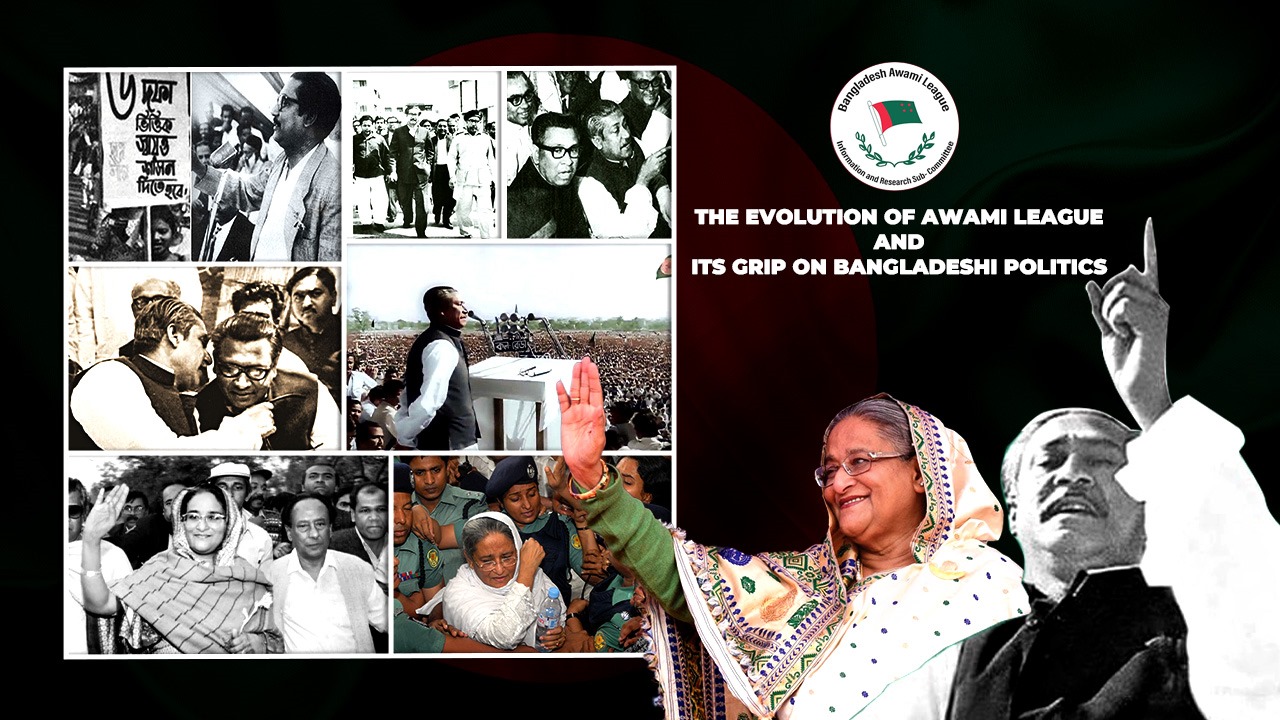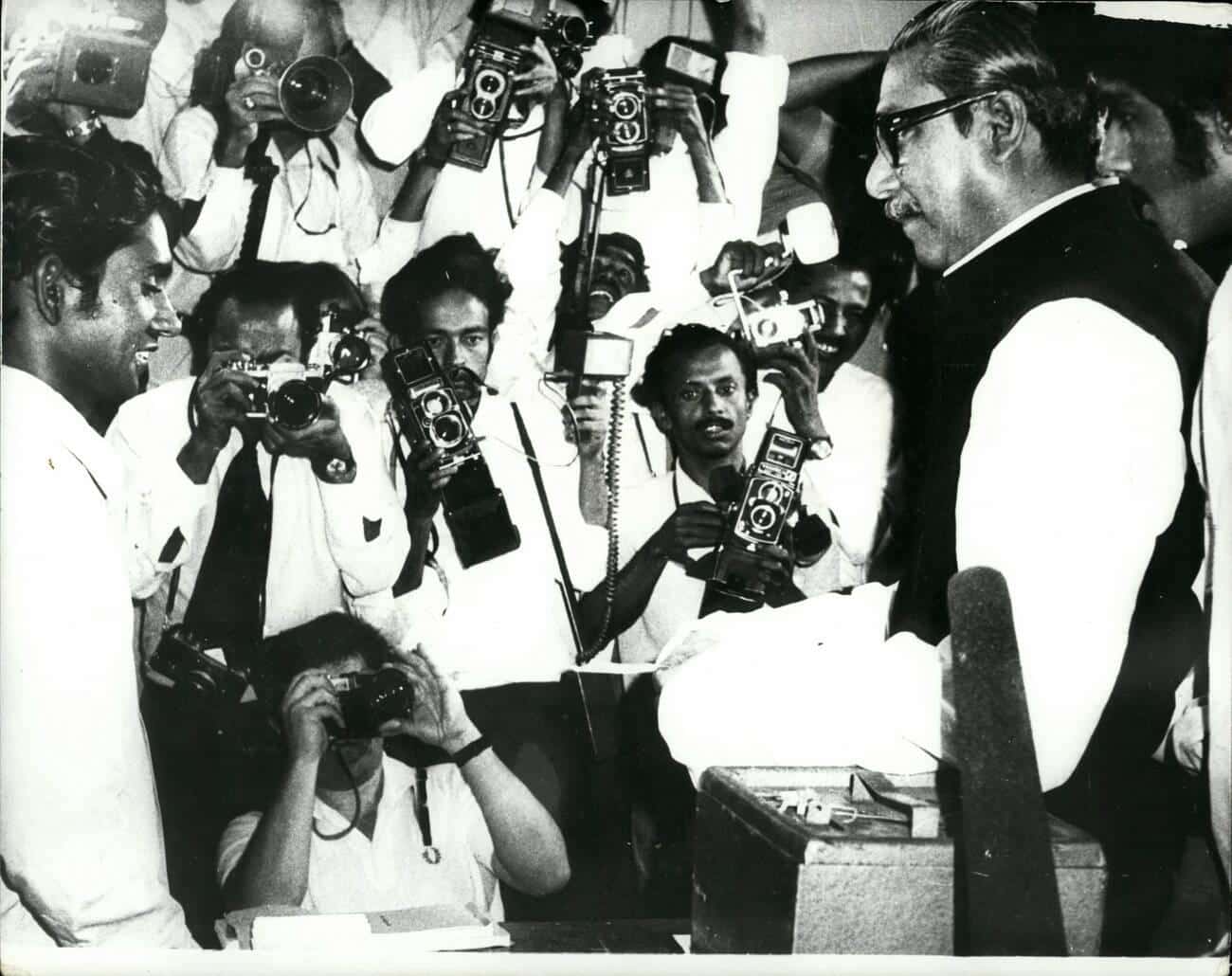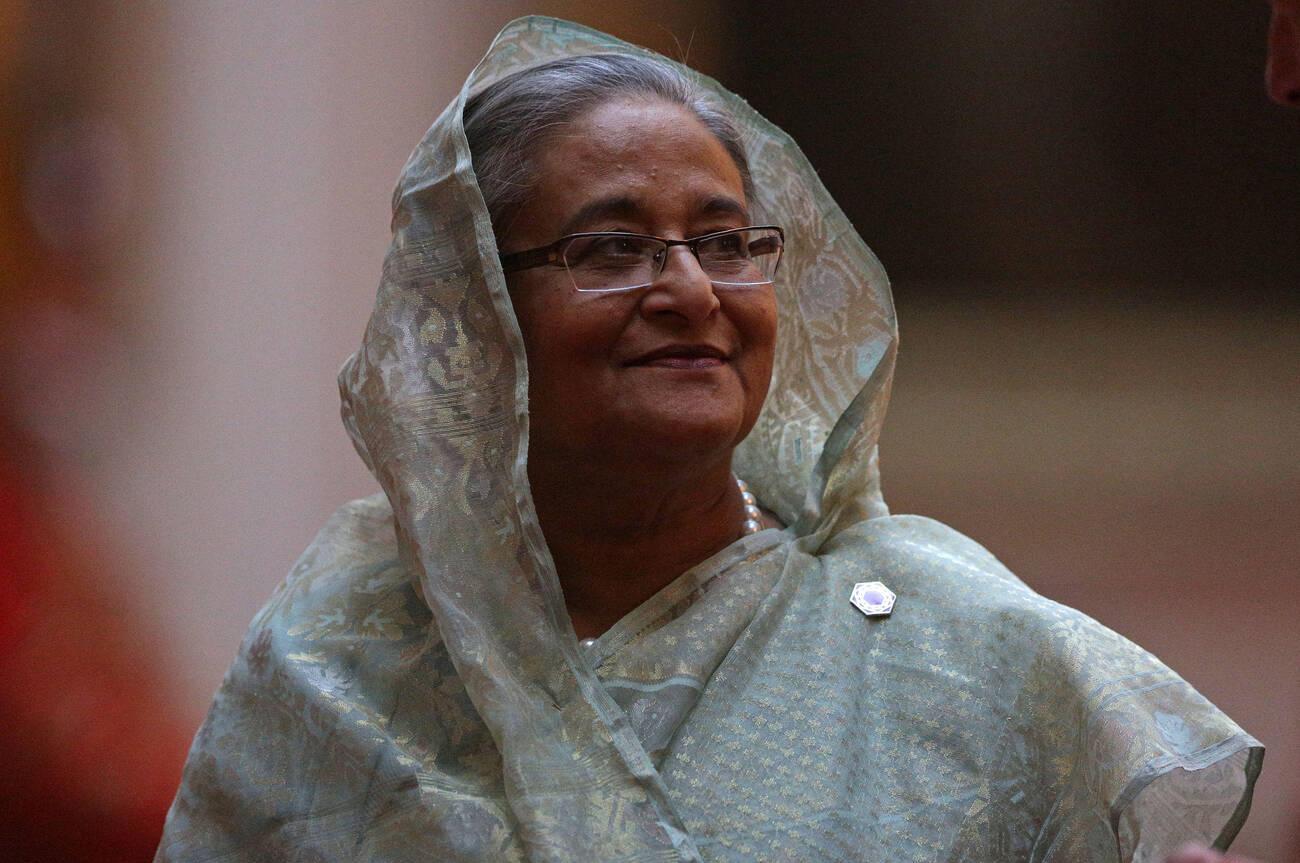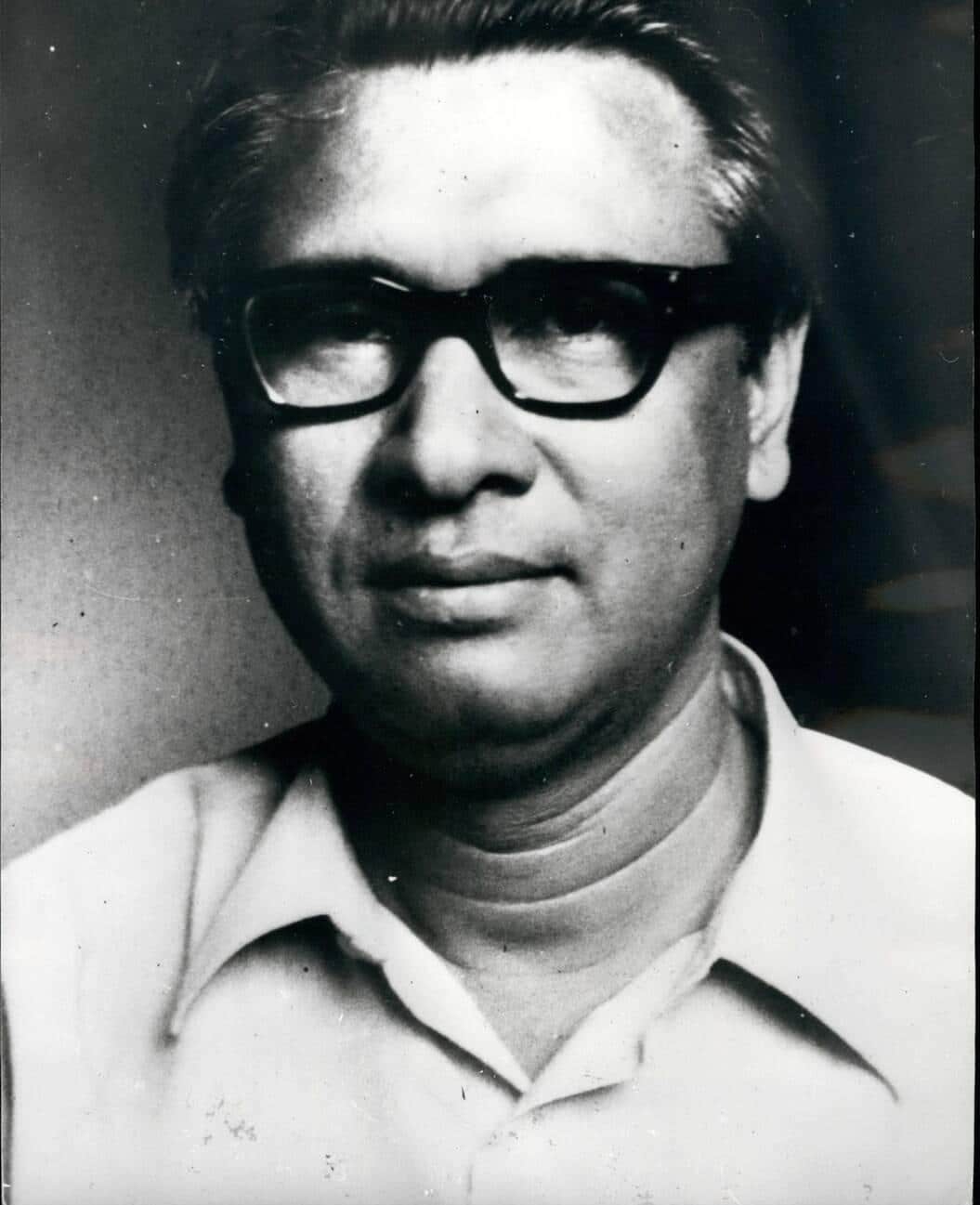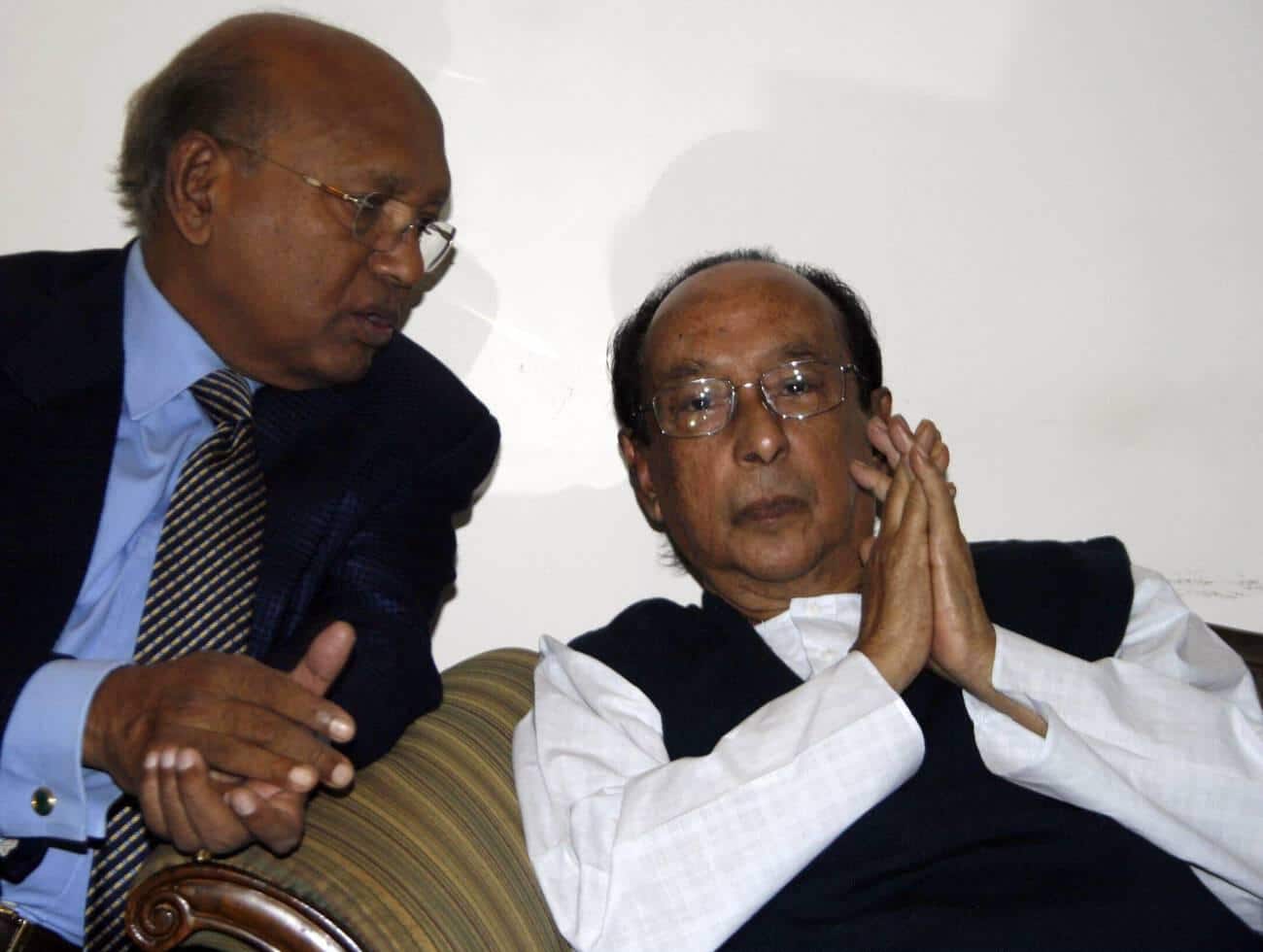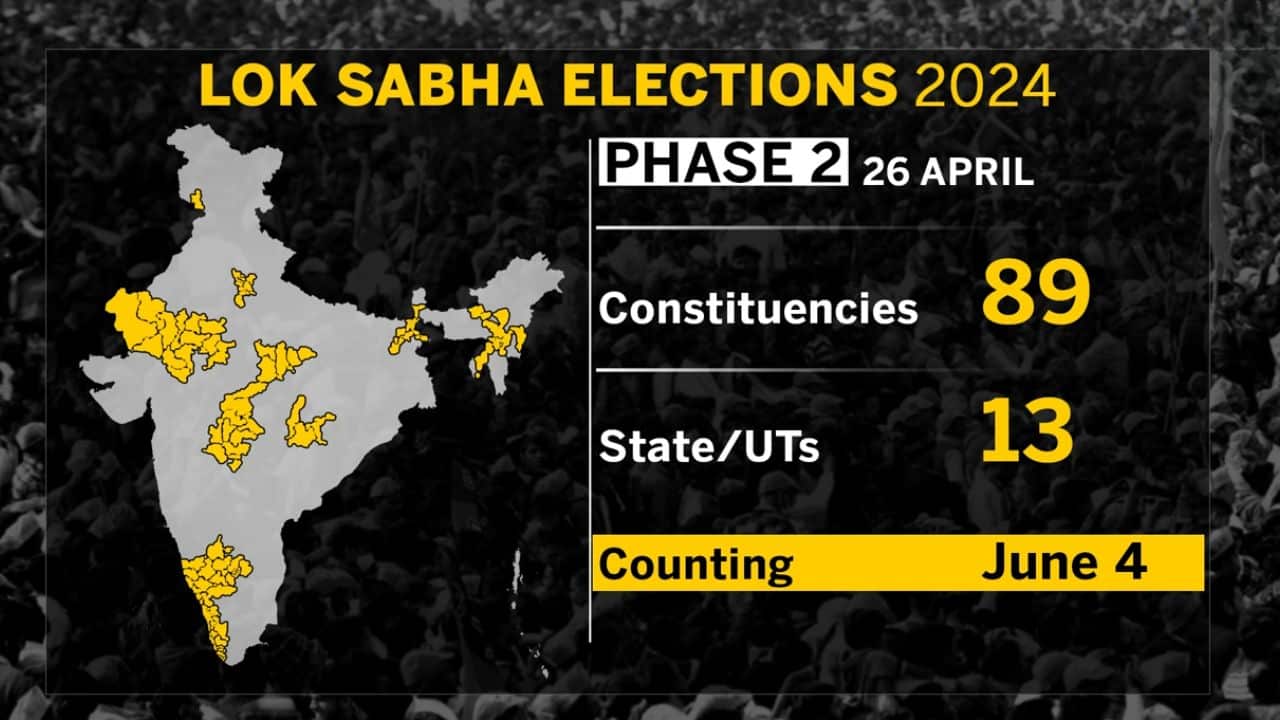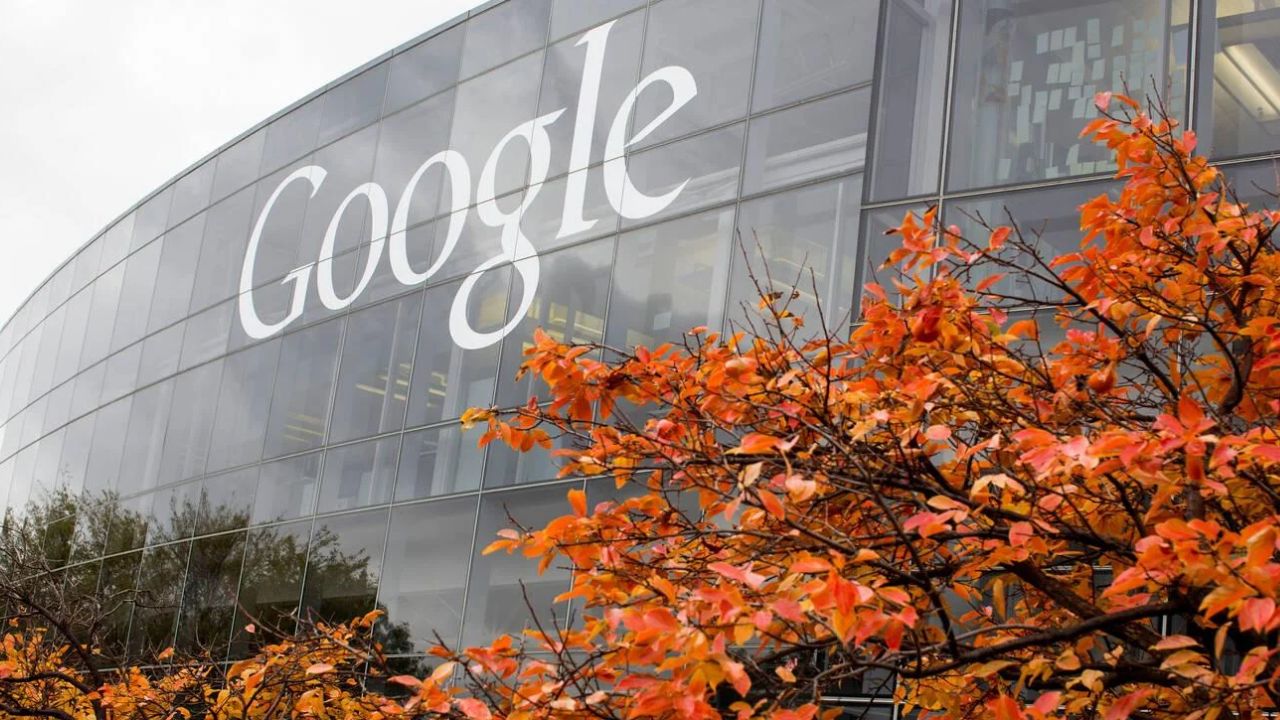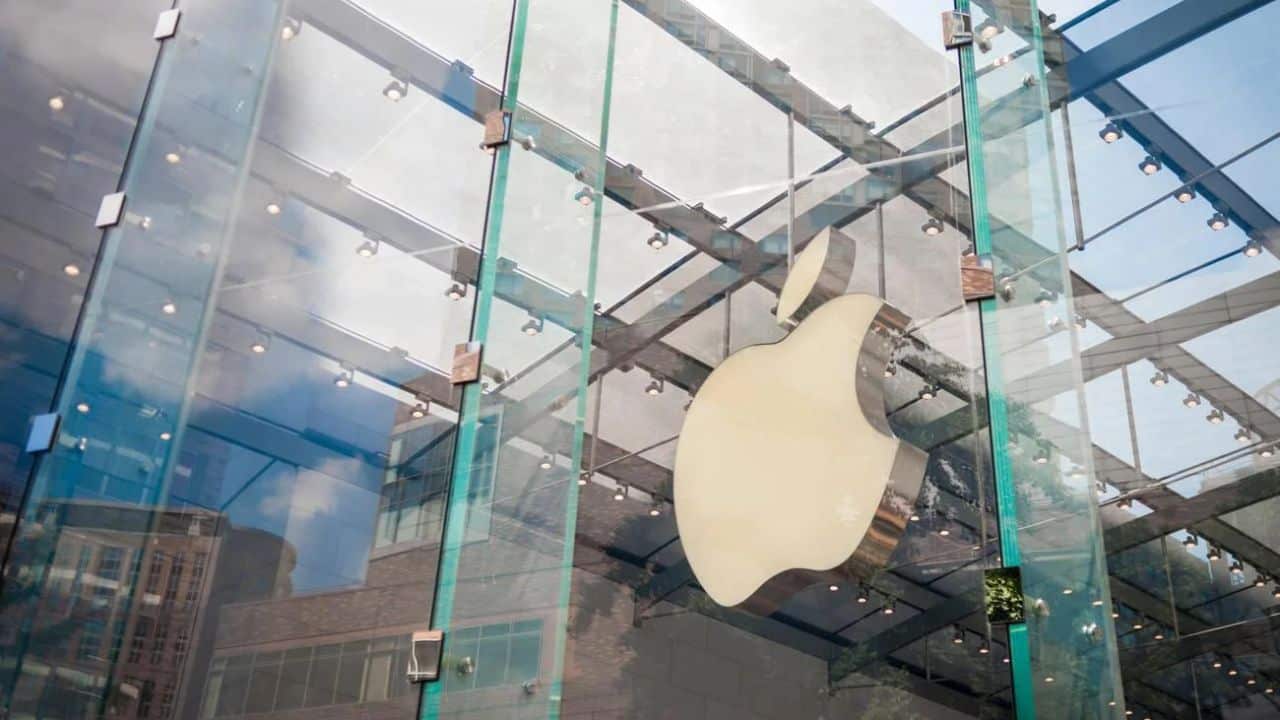The evolution of Awami League has seen many changes and shifts in the politics of Bangladesh and former East Pakistan. Emerging from the Bengali nationalist movement under Pakistani rule, the party led the nation to independence in 1971 under the iconic leadership of Sheikh Mujibur Rahman. Known affectionately as Bangabandhu (Friend of Bengal), Mujib galvanized mass support for self-determination.
After independence, the Awami League sought to implement socialist policies, but growing instabilities and Mujib’s assassination in 1975 dealt major blows.
In the tumultuous decades that followed, the party faced military coups, dictatorships, and the suppression of democracy. Sheikh Hasina, Mujib’s daughter, took command of the Awami League during this period and spearheaded the struggle for restoring democracy. Since winning elections in 1996, and especially after a landslide victory in 2008, Sheikh Hasina has consolidated immense power around the party.
After 14 years of stable rule under her, the Awami League’s influence now penetrates all levels of government, business, and media. However, its dominance, swelling corruption allegations, and stifling of dissent have raised concerns about Bangladesh’s democratic health.
This article analyzes the evolution of the Awami League—its strategies, successes, and failures—that enabled its entrenched grip on Bangladeshi politics.
Content Highlights
- The Awami League has been Bangladesh’s most influential political force since the 1971 liberation struggle, derived from an enduring base of Bengali nationalism centered around Sheikh Mujibur Rahman.
- After instability and turbulence in the 1970s and repression in the 1980s, the party rebuilt its organizational network under Sheikh Hasina’s leadership. Its mass rural support persists through patronage and development schemes.
- With the aid of constitutional amendments, Prime Minister Sheikh Hasina has solidified her hold on power since the 2008 election, but detractors accuse her of democratic regress and human rights abuses.
- The lack of a united, credible opposition alliance and systematic suppression of dissent has allowed the consolidation of the Awami League’s political hegemony beyond just winning elections.
The Evolution of Awami League from 1949 to 2024
| Period | Key Events and Leaders | Ideology | Political Climate | Success | Challenges |
| 1949-1969 | Founding and Early Struggles | Pakistani Rule & Bengali Nationalism | Limited influence under Pakistani rule | advocated for Bengali autonomy and language rights | |
| Sheikh Mujibur Rahman becomes President (1953) | Socialist principles with focus on social justice and economic development | Suppression by Pakistani government after 1964 | Participated in 1954 and 1962 elections but had limited success | faced arrest and suppression from Pakistani authorities | |
| 1970-1975 | Rise of Mujib & Independence | Rise of Bengali Nationalism and Liberation War | Landslide victory in 1970 elections despite Pakistani rigging | Mujibur becomes Prime Minister of Pakistan | |
| Bangabandhu announces a six-point autonomy plan rejected by Pakistan | Strong focus on Bengali nationhood and independence | Pakistani military crackdown leads to the Liberation War (1971) | Wins Bangladesh’s first election in 1973 as Prime Minister | Mujib faces challenges of consolidating and rebuilding war-torn Bangladesh | |
| 1975-1990 | Military Regimes & Mujib’s Assassination | Dictatorship & Military Rule | Mujib assassinated in a coup d’état in 1975 | Various military dictatorships with limited political participation | |
| Sheikh Hasina emerges as Mujib’s daughter and political heir. | Shift towards social democracy and pragmatism | Awami League operates in exile or faces repression | Participated in elections under military rule with limited success. | Struggled against military regimes and lack of political freedom | |
| 1991-2008 | Return to Democracy & Caretaker System | Restoration of Democracy & Rise of Bipartisanship | A popular movement leads to ousting of Ershad in 1990 | Introduction of Caretaker Government System for neutral elections | |
| Sheikh Hasina returns from exile and leads the Awami League | Focus on economic development, poverty reduction, and infrastructure projects | Bipartisanship with BNP as main competitor | Wins elections in 1996, 2001, and 2008 under Caretaker System | Political instability and rivalry with BNP | |
| 2009-2024 | Awami League Dominance & 2024 Boycott | Continued Awami League Leadership & Challenges to Democracy | Awami League wins elections in 2009, 2014, 2018, and 2024 | Hasina consolidates power and extends tenure through constitutional amendments | |
| Concerns about erosion of democracy, media freedom, and human rights | Focus on infrastructure development, economic growth, and social programs | BNP boycotts 2024 elections, raising concerns about legitimacy and future instability | Growing inequality, corruption allegations, and potential economic downturn |
Pre-Independence Awami League and Mujib’s Rise
The Awami League originated within the Bengali nationalist movement that emerged in pre-independence Bangladesh, then East Pakistan. In 1949, Bengali nationalists Abdul Hamid Khan Bhashani, Shawkat Ali, Yar Mohammad Khan, and Shamsul Huq established the All Pakistan Awami Muslim League in Dhaka, the capital of the Pakistani province of East Bengal.
Huseyn Shaheed Suhrawardy, who later became Pakistan’s prime minister, later joined the group. Its first secretary was Shamsul Huq. Advocating provincial autonomy, the party quickly gained support across East Pakistan. Its ranks swelled with students, laborers, and peasants mobilized through extensive grassroots organizing.
In 1953, it played a key role in the province-wide protests against the near-exclusion of Bengalis from governance and the imposition of Urdu in government affairs. The fierce crackdown and arrest of activist leaders, including the young Sheikh Mujibur Rahman, fueled public outrage. Mujib and his stirring oratory rapidly rose as the voice of Bengali nationalism. With his ascension to Awami League president in 1966, he launched calls for self-governance and eventual independence from West Pakistan.
Mujib traveled relentlessly, even to remote villages, to spread awareness of the systemic political and economic exploitation by the Western elites. His direct outreach earned immense popular support. Under his leadership, the Awami League grew into a formidable opposition to the regime.
In Pakistan’s first election in 1970, the League campaigned for autonomy under a six-point plan. When it swept the polls, winning 160 of the 162 East Pakistani seats, political aspirations peaked. However, the government’s refusal to transfer power led to widespread protests and civil disobedience. As the army initiated a brutal crackdown on March 25, 1971, Mujib declared independence, launching the Bangladesh Liberation War. The Awami League’s supporters consider his iconic declaration to be its turning point.
Awami League in Post-Independence Bangladesh
After winning independence in December 1971, Sheikh Mujib returned from Pakistan’s prison to a rousing public reception. Assuming charge as Prime Minister, he expansively declared socialism as the governing philosophy. The Awami League initiated major reforms, including the nationalization of key industries.
In the early years, it contended with post-war devastation, internal displacement, and the loss of skilled labor. Despite instability, Mujib relished widespread support, especially for rehabilitating refugees and famine relief efforts spearheaded by his daughter, Sheikh Hasina.
However, critiques soon emerged over the slow pace of rebuilding, economic decline from hasty socialization, the rise of corruption, and food shortages. The imposition of a highly partisan BAKSAL system in 1975, giving supremacy to the Awami League, drew sharp rebukes. Before Mujib could stabilize the turbulence, a military coup toppled him on August 15. He and most of his family were assassinated, dealing a body blow to the fledgling nation and Awami League supporters.
The Awami League under Different Regimes
Mujib’s killing and the new military regime drove the Awami League underground. Party leaders faced mass arrests and crackdowns on nationalist sentiments. But by 1978, waves of protests erupted, demanding democracy’s restoration and justice for Mujib’s killers. Support gradually returned to the Awami League as the symbolic torchbearer of his legacy.
Following the overthrow of the dictator H.M. Ershad, the Awami League joined the Bangladesh Nationalist Party’s (BNP) anti-Ershad opposition coalition prior to the 1991 elections. However, it withdrew, alleging electoral manipulation and boycotted the election. The BNP formed a government but soon repealed the Indemnity Ordinance protecting Mujib’s assassins.
Under Sheikh Hasina, Sheikh Mujibur Rahman’s daughter, who steered the party during repressive regimes, the Awami League persisted with protests through the 1990s. It found success with the caretaker government system introduced for oversight during polls. Hasina built strategic alliances with religious and leftist parties, exposing the BNP’s undemocratic stance and winning the 1996 election.
Her government took tentative steps towards accountability for the 1975 massacre before unrest forced fresh polls in 2001. However, Khaleda Zia’s BNP won a contentious election that the Awami League abstained from. Over the next few years, Khaleda jailed critics while her son, Tarique Rahman, faced graft charges, sparking anti-corruption rallies.
The Era of Sheikh Hasina
In the 2008 polls, with the caretaker system again in force, the Awami League won in a landslide with a historic two-thirds parliamentary majority. Sheikh Hasina assumed office, prioritizing economic and social progress. Her government expanded access to electricity and boosted growth through infrastructure projects and digital development. Social schemes won rural support. Astute party organizing strengthened its grassroots workers in villages and urban bastis.
Consecutive terms allowed long-term economic initiatives like the China-funded Padma Bridge, the installation of submarine internet cables, and rising foreign investment in manufacturing zones. Key schemes like digitization, financial inclusion and conditional cash transfers aided poverty alleviation. Removal of quotas from government services expanded citizenship rights as the Awami League touted its secular heritage.
To secure its position, Hasina’s government unilaterally abolished the non-partisan caretaker system before the controversial 2014 polls, alleging past manipulation. The weakened opposition only intensified an emerging ‘one party’ dominance. Constitutional amendments concentrated more power on the incumbent. Hasina spearheaded crackdowns on political critics, enforced disappearances of dissenters, and expanded digital surveillance—raising alarms globally about Bangladesh’s democratic health.
Analyzing the Awami League’s Grip on Power
The Awami League built its endurance on extensive rural networks sustained through extensive grassroots connectivity since its initial days. Leaders and local representatives nurtured direct contact and delivered welfare schemes even in distant villages. This cemented durable mass loyalty that persisted even during periods of repression.
Kept National Memories on Higher Note
Party workers kept nationalist memories alive through cultural events on important dates like Language Movement Day or Independence Day. A vast pool of younger workers and student wings replenishes its cadres.
The importance of Information and Communication
The use of information and communications technology (ICT) helped modernize its outreach. The Awami League accentuates its leadership under Bangabandhu and his family to claim a near-hereditary right to helm nationalist causes as Mujib’s successors. This blurs the line between party and state. The rise of secular proclamations, the constant invocation of the 1971 liberation struggle, and promises of development form its enduring rhetorical toolkit.
Sheikh Hasina and her inner circle consolidated authority by dispensing patronage across bureaucracies, business factions, and media houses to prevent alternate power centers The party’s grip penetrates deep at the local level, where leaders influence everything from business permits to police cases. At the national level, it mobilizes state agencies during polls through transfers and incentives. This ‘hybrid regime’ framework promotes institutional obedience that serves its electoral aims.
Notable Names and their Contributions to the Awami League
Here are some of the most notable names and their key contributions to the Awami League from its founding until the present:
Maulana Abdul Hamid Khan Bhashani: Founding president in 1949; leading organizer of peasant and labor groups into the party.
Shamsul Huq: First General Secretary; helped draft initial manifestoes about provincial autonomy.
Tajuddin Ahmed: General Secretary and Prime Minister of the Mujibnagar exile government during the liberation war.
Sheikh Fazilatunnesa Mujib: leading organizer of the Awami Mahila League; spearheaded social welfare after 1971.
Syeda Zohra Tajuddin: first female MP elected in the Pakistani era; pioneering woman leader of the party.
Hossain Shaheed Suhrawardy: Prime Minister of Pakistan in 1956–57; proponent of Bengali statehood within Pakistan as an Awami League ally.
Mansur Ali: Former Awami League General Secretary and Finance Minister; a top aide of Bangabandhu Mujibur Rahman before the 1975 coup.
Oli Ahad: Deputy Leader of the Pakstani National Assembly in 1970, led the Awami League parliamentary group’s policy formulations.
Abdul Malek Ukil: 1960s student organizer; post-independence Home Minister overseeing rehabilitation of refugees and former freedom fighters.
Amir Hossain Amu: Key student organizer of the 1969 mass uprising and later served as minister, overseeing several economic portfolios.
Abdul Jalil: Party stalwart; jailed often for dissent against Pakistani rule and then military regimes after 1971. Longest-serving MP in Bangladesh.
Matia Chowdhury: Currently the party’s Secretary for Agriculture Affairs; heads international outreach; only three-time woman MP from Bangladesh.
Sheikh Fazlul Haq Moni: Mujibur Rahman’s nephew, founded the Juba League youth wing and pioneered the party’s student organizing models in the 1960s mass uprisings.
Sheikh Kamal: Sheikh Mujibur Rahman’s elder son, pioneered the expansion of Awami League’s student and youth wings in the early 1970s before his death in 1975.
Abdus Samad Azad: former Foreign Minister and Mayor of Dhaka, negotiated the Ganga Waters Treaty and Bangladesh’s land boundary deals with India.
Zillur Rahman: party stalwart elected MP eight times from the Mujib family’s home district; served as President from 2009 until his death in office.
Syeda Sajeda Chowdhury: Deputy Leader in Parliament, represents the legacy of being among the first women elected MPs in the Pakistani era. She is now mostly retired but was a key figure during the emergency regime.
Tofaayel Ahmed: Commerce Minister since 2009; oversees trade policy and RM GSP schemes with the United States.
Amirul Islam: coordinator of the 1972 constitution draft; headed the party’s overseas support cells during the 1971 liberation war.
Sheikh Fazlul Karim Selim: Firebrand leftist student organizer in the 1960s and now heads the party’s international affairs as a rare dissenting yet influential voice.
10 Possible Challenges After Winning the National Election in 2024
While predicting future challenges is inherently uncertain, here are 10 potential issues the Awami League government might face after winning the 2024 elections:
Economic and Social Challenges
- Managing the Economic Downturn: Concerns about inflation, currency depreciation, and a potential recession could test the government’s ability to maintain economic stability and social welfare programs.
- Bridging the Inequality Gap: Despite economic growth, income inequality remains high. Addressing this through effective policies could be crucial for social cohesion and long-term stability.
- Creating High-Quality Jobs: The growing youth population needs more employment opportunities, especially in skilled sectors. Failing to meet this demand could lead to frustration and social unrest.
- Improving Education and Healthcare: Upgrading public education and healthcare systems to cater to the growing population and ensure equity will be a complex and costly challenge.
- Climate Change and Environmental Crisis: Rising sea levels, floods, and natural disasters pose serious threats to Bangladesh’s fragile ecosystems and vulnerable communities. Adapting and mitigating these impacts will require significant resources and effective planning.
Political and Governance Challenges
- Erosion of Democracy and Human Rights: Concerns about declining media freedom, shrinking space for dissent, and potential human rights violations could tarnish the government’s international image and domestic legitimacy.
- Political Polarization and Boycott Fallout: The BNP’s boycott and potential escalation of political rivalry could lead to instability and hamper efforts to address urgent issues.
- Corruption and Lack of Transparency: Tackling corruption effectively and ensuring transparent governance remain crucial for public trust and equitable development.
- Addressing Local Grievances and Decentralization: Balancing central authority with empowered local bodies to address diverse regional needs and grievances will be crucial for effective governance.
- Managing International Relations and Strategic Alliances: Navigating complex relationships with key international partners like the US, China, and India while safeguarding national interests will be a delicate balancing act.
The Future of Awami League in the Politics of Bangladesh
The Awami League’s deep rural connections, Mujib’s legacy, and Hasina’s charisma could maintain their strong electoral hold. Sustained economic progress, infrastructure projects, and social welfare programs could solidify public support and justify their continued leadership.
Emerging political forces, youth activism, and alternative ideologies might chip away at the Awami League’s support base, especially among urban voters. At the same time, growing inequality, unemployment, and potential economic downturns could fuel public dissatisfaction and erode the Awami League’s image.
Moreover, concerns about increasing authoritarianism, media suppression, and human rights violations could lead to domestic and international backlash, weakening the Awami League’s legitimacy.
Uncertain Future Ahead
The aging leadership raises concerns about a smooth transition and potential power struggles within the Awami League, which could destabilize their hold. External shocks, like natural disasters or regional instability, could disrupt the political landscape and create unpredictable scenarios for the Awami League. Also, international pressure and sanctions on human rights or democratic backsliding could influence the Awami League’s future trajectory.
The Awami League’s future will depend on:
- Their ability to adapt and respond to changing political, social, and economic conditions.
- Their commitment to democratic principles and upholding human rights.
- The emergence and effectiveness of alternative political forces and ideologies.
- External factors like the global economic climate and regional political dynamics.
Conclusion
Through the tumult of Bangladesh’s early decades, the Awami League nurtured deep reservoirs of loyalty as torchbearers of the secular Bengali nationalist legacy that emerged under Bangabandhu’s leadership. His daughter Sheikh Hasina’s steady stewardship expanded this power base. Her second term since 2008 allowed stable governance but based on an interlocking web of party control that critics allege erodes checks and balances.
However, a lack of credible national alternatives means anti-incumbency remains localized amid wider support for tangible development outcomes. Its next phase and negotiating its national legacy need broadening its social coalition through restraint and accountability.

